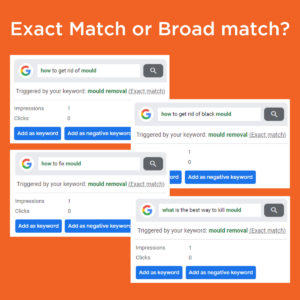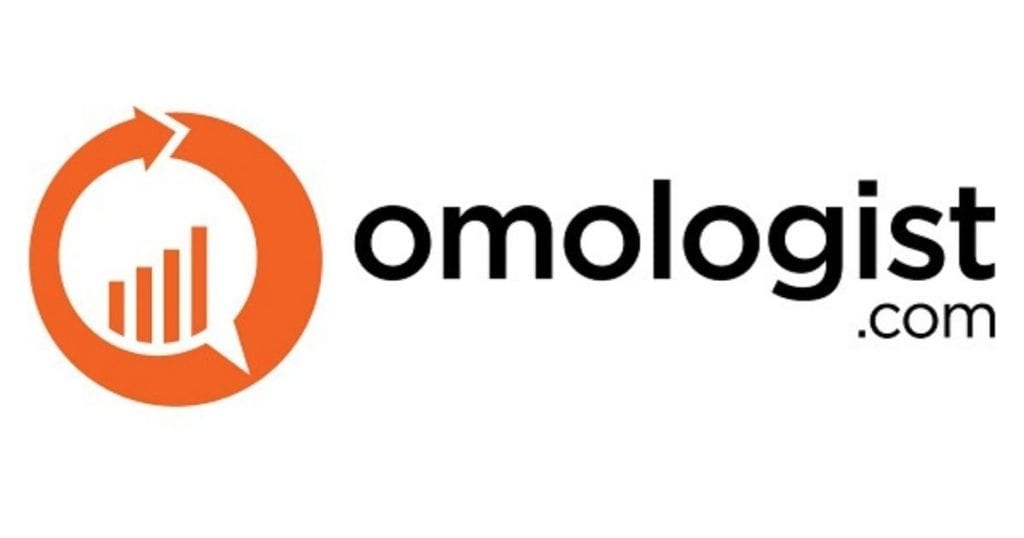Is Google Ads Redefining its Own Standards on "Exact Match"?
18 August 2023

In the ever-evolving realm of digital advertising, Google Ads has been a linchpin for businesses to enhance visibility, drive traffic, and increase sales. One of its standout features has been its precision in targeting, allowing advertisers to accurately reach their intended audience. Yet, recent observations suggest that Google Ads might be taking a few liberties with its own definitions.
What is Exact Match, According to Google?
Google defines exact match as:
“A keyword match type that allows you to show your ads on searches that have the same meaning or same intent as your keyword. Exact match gives you the most control over who sees your ad, but reaches fewer searches than both phrase and broad match. This ensures you reach only users who make searches with the same meaning as your keywords, taking into account factors like:
– Misspellings
– Singular or plural forms
– Stemmings (for example, floor and flooring)
– Abbreviations
– Accents
A Concerning Trend: Discrepancies in Matching
Despite the clear-cut definition provided by Google, we have noticed discrepancies in how Google matches keywords. Take the keyword “mould removal” for instance. Instead of matching it exclusively with searches that adhere strictly to the definition of exact match, Google has paired it with terms like “how to get rid of mould”, “mould cleaner”, “mould decontamination”, “mould removal products”, and even “how to get rid of black mould”.
While a few of these terms could be argued to have similar intent, many of them veer into the territory that should be reserved for broad matches, not exact matches.
What Does This Mean for Advertisers?
This shift in keyword-matching strategy raises an eyebrow. Is Google broadening the scope of ‘exact match’ for revenue purposes? If an exact match begins to encroach on the territory of a broad match, advertisers will find themselves paying for less relevant clicks, thereby decreasing their ROI.
To call it a “scam” might be heavy-handed, but it does seem that Google is playing a little fast and loose with its own standards. At the very least, this warrants a closer look from advertisers to ensure that their ad spend is generating the desired outcomes.
While advancements and changes in advertising platforms are inevitable, it’s crucial for platforms like Google Ads to maintain transparency and consistency, especially when it comes to foundational features. Advertisers deserve clarity, especially when they’re investing significant resources based on these definitions. If exact and broad matches begin to blur, it’s not just a question of semantics – it’s a question of trust.
If you want to read more about match types on Google see our article – “Ultimate Guide to Google Ads Keyword Match Types”
